AARP Hearing Center


Keith and Edit Lowhorne had planned well for their retirement. The Alabama couple were preparing for an extended trip to Europe. They had bought a vacation cabin in Tennessee. "I had worked 43 years in broadcast journalism," Keith Lowhorne says. "We had saved." Then everything changed with a phone call, and soon they were raising two grandchildren in their home. That trip to Europe? Never happened.
Eugene Vickerson had worked two jobs for years in Atlanta — at a water treatment plant and as a real estate investor. All so he could retire at 50. Then one day, when he was 62, he was sitting outside his home when a woman drove up with one of his granddaughters. The woman said, “If you don’t take this child, we are going to put her in protective services.” Forget retiring. Mercedes Bristol was living in San Antonio, working for the state of Texas and a few years away from retirement, when circumstances forced her to take in five grandchildren. The oldest was 9. “I didn’t have five beds for kids,” she says. “I remember crying at Walmart because I was so overwhelmed with the amount of supplies that the kids needed.” More than a decade later, three of her grandchildren still live with her, now ages 13, 15 and 19. These grandparents share something: the unexpected role of becoming a child caregiver long after they thought those years were behind them. They illuminate a social trend in America: the high number of “grandfamilies” — grandparents raising grandchildren.


U.S. census data shows that 7.1 million American grandparents are living with their grandchildren under 18. Some 2.3 million of those grandparents are responsible for their grandchildren. About a third of grandchildren living with grandparents who are responsible for them are younger than 6.
About half of the grandparents who are responsible for their grandchildren are 60 and over, according to census data.
Generations United, a Washington, D.C.-based nonprofit that was launched more than 35 years ago in partnership with AARP, advocates for grandfamilies. “Grandparents have been stepping in to raise grandchildren since the beginning of our country,” says Donna Butts, executive director of Generations United. “But it has increased in recent years. We see spikes whenever there is a crisis.”
Grandfamily Resources
The website grandfamilies.org (of which Generations United is a partner) is a clearinghouse for information about adoption, foster care and financial help.
Twin crises
Parental substance abuse, incarceration and death of a parent are among the many reasons grandparents take in their grandkids. But two crises in particular have forced a spike in recent years. COVID is one. “Tragically, at least 140,000 children — 140,000 children — were orphaned by the pandemic and are now living with grandparents or next of kin,” said Sen. Bob Casey (D-Pa.) in a statement before the Senate Special Committee on Aging, which he chairs. The other crisis is the opioid epidemic. Sen. Susan Collins (R-Maine) told AARP that America’s opioid problem greatly increased the pressure on grandparents to take over responsibility for children. “I first got interested in this issue when I started seeing so many grandparents in Maine who were raising very young children. In almost every case, the parent of the child had a crisis with drug addiction or had been incarcerated.”




























































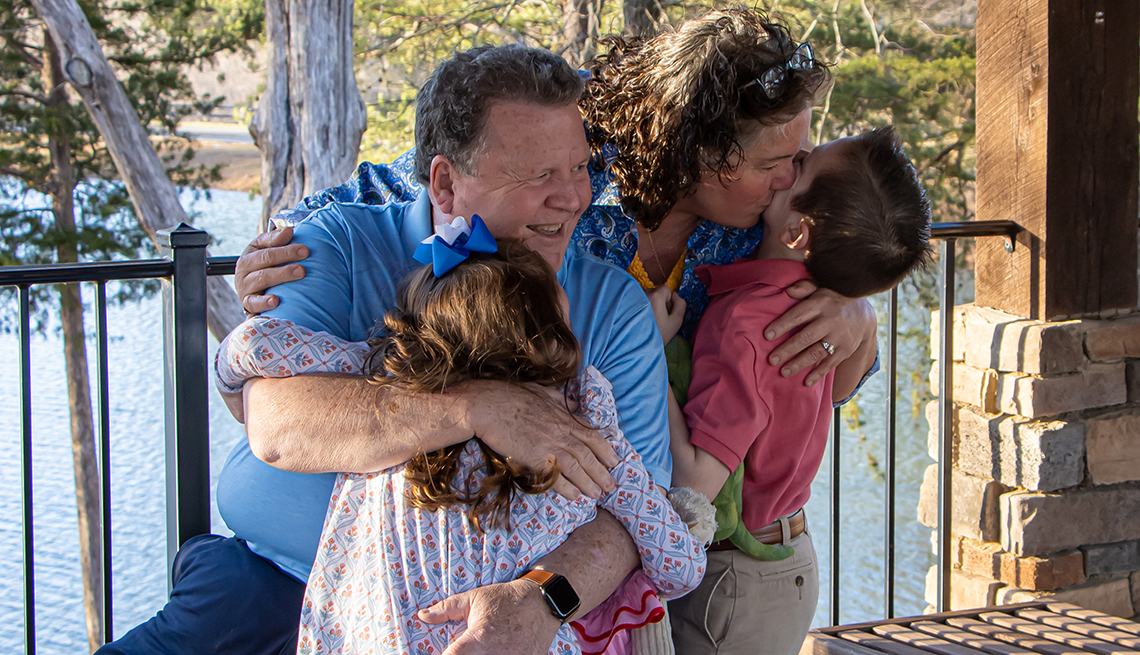

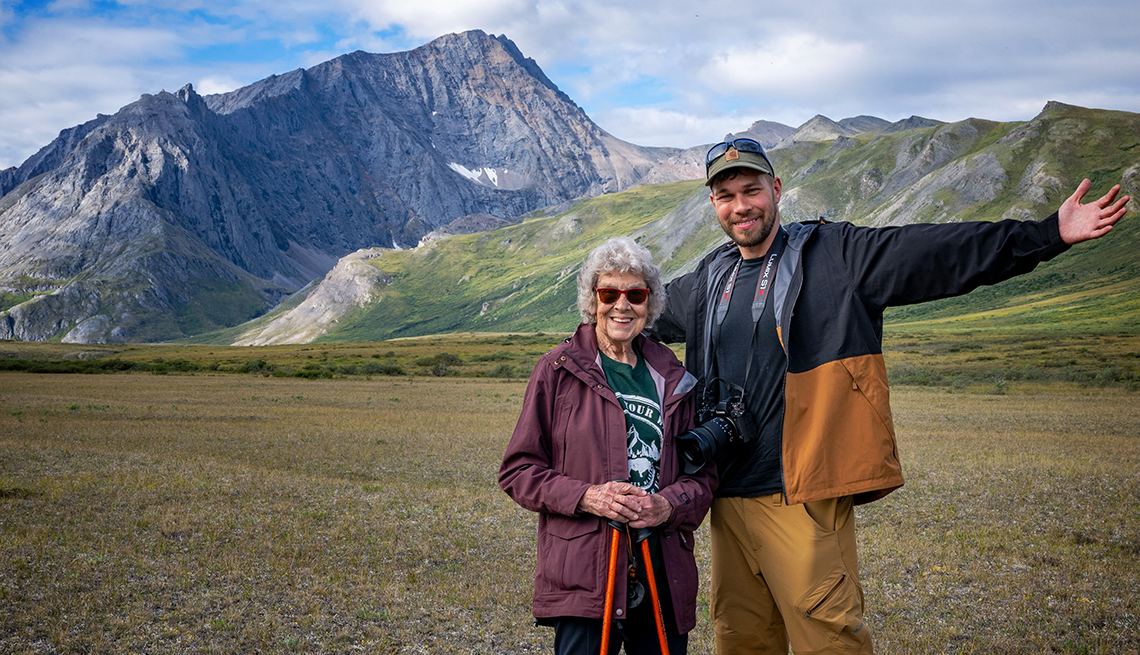

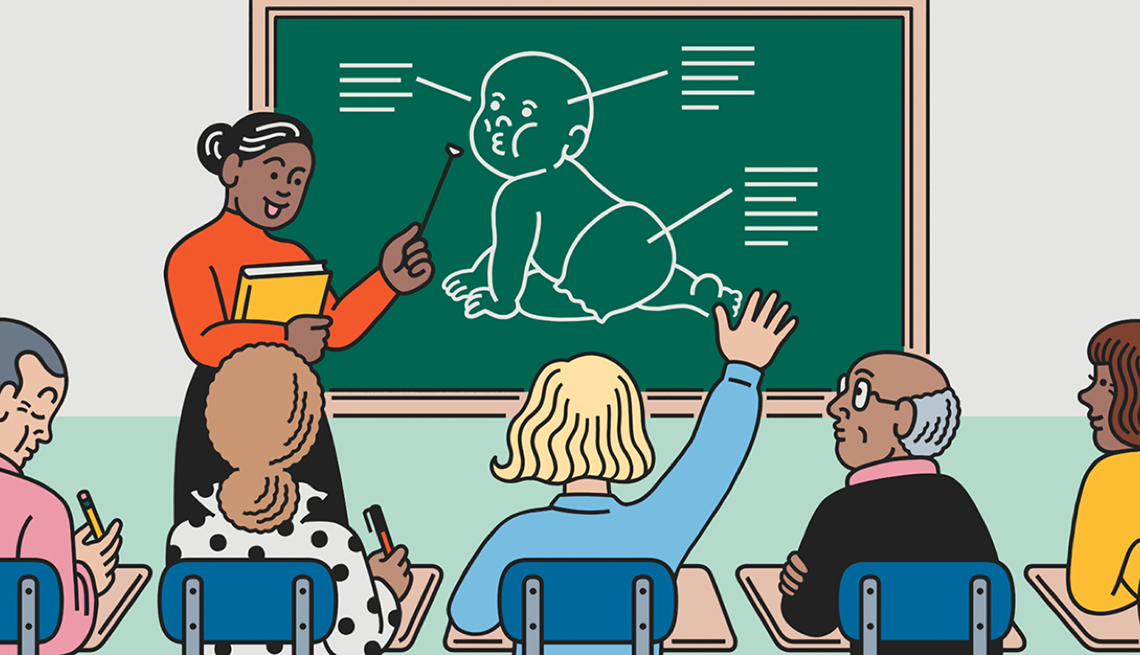

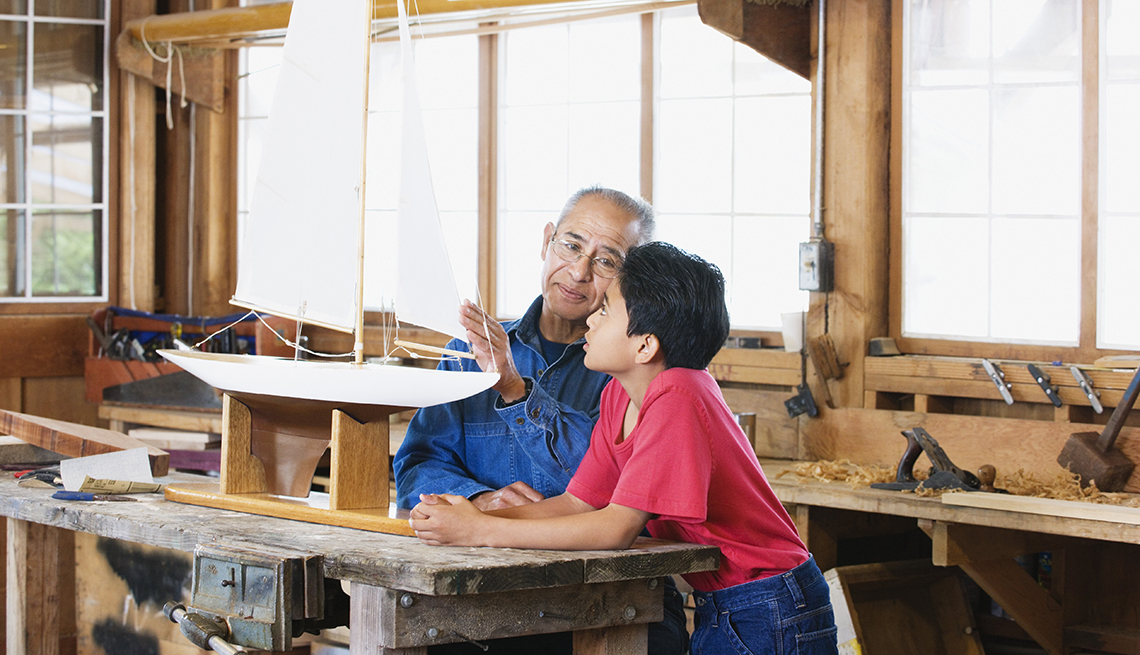


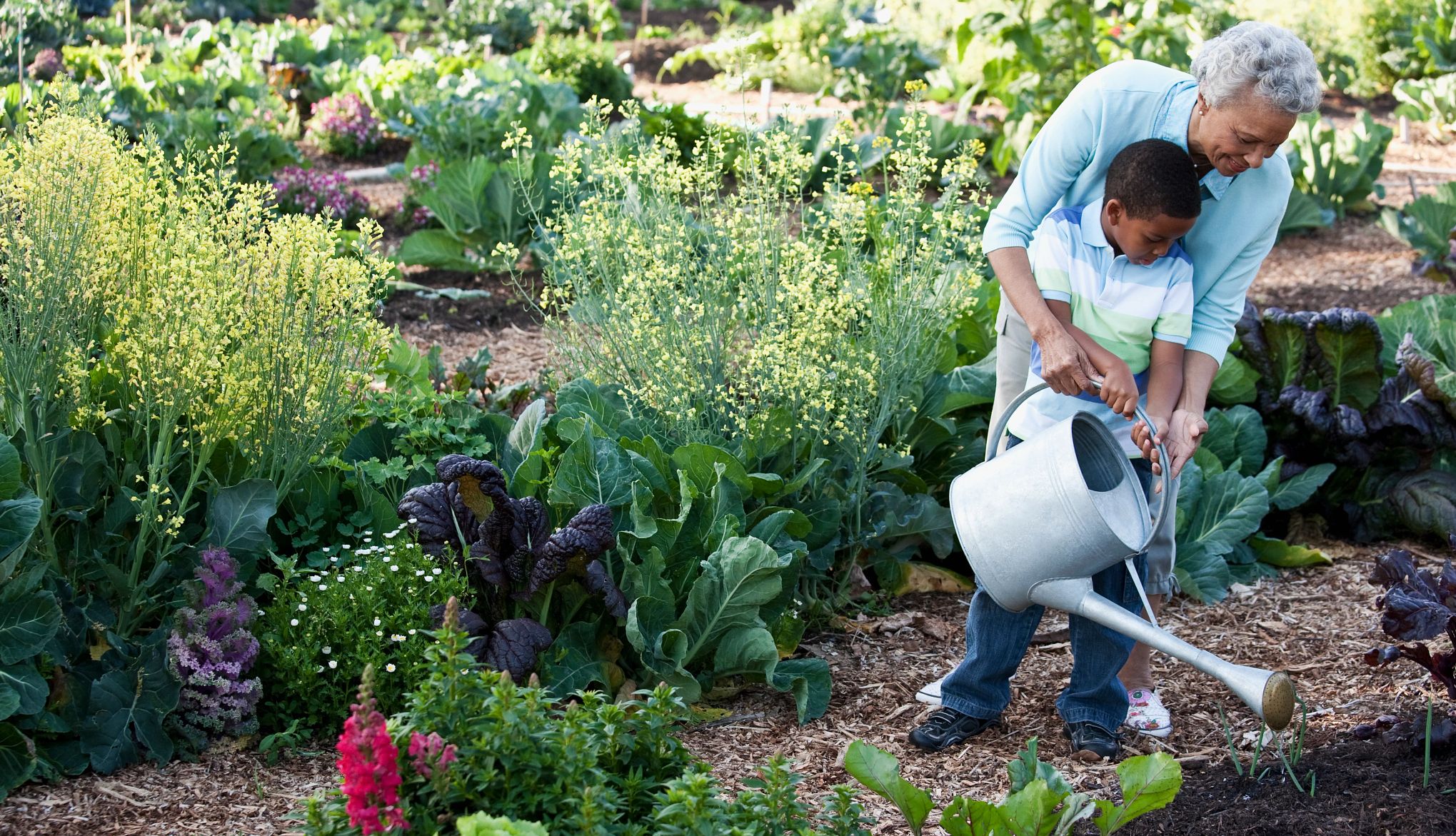

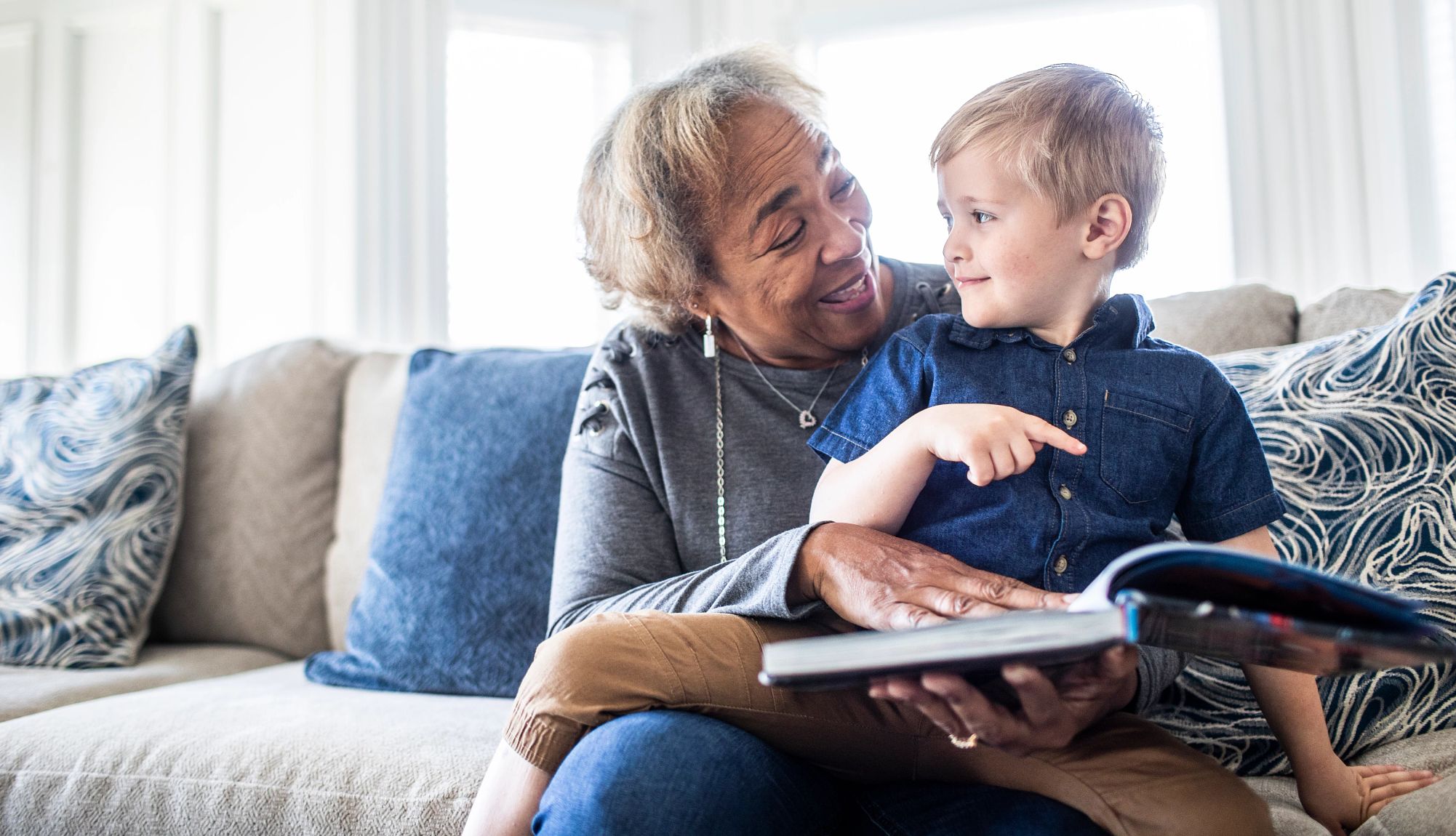




More From AARP
25 Ways to Find a Greater Sense of Purpose
Use our topical advice to elevate your curiosity, plan your third act and expand your horizonsTravel Tips for Flying With Grandkids
What to know before you go and during your flight for a smooth tripFive Tips for New Grandparents
From respecting your kids’ parenting style to practicing online safety, here’s what you need to know
Recommended for You